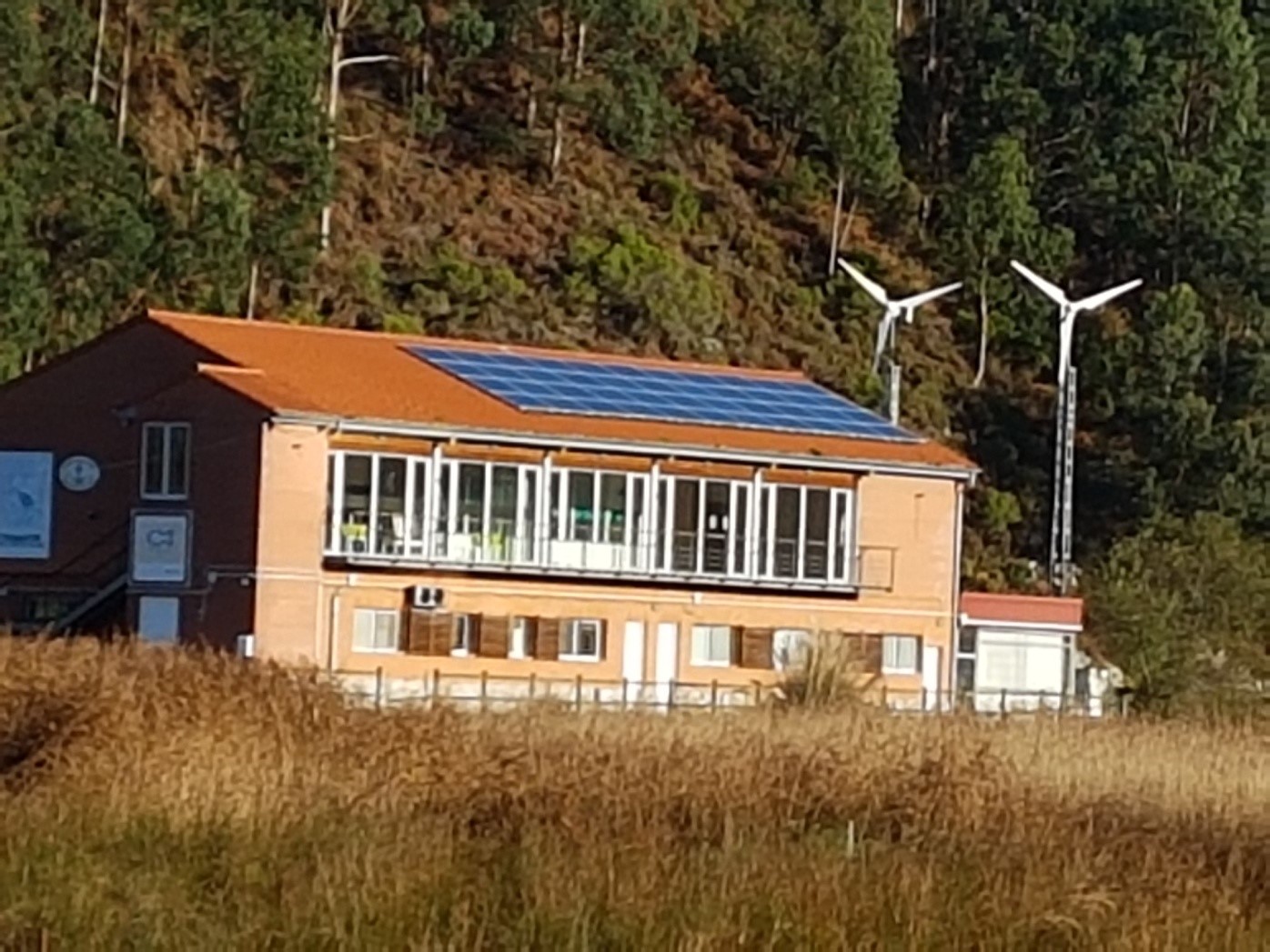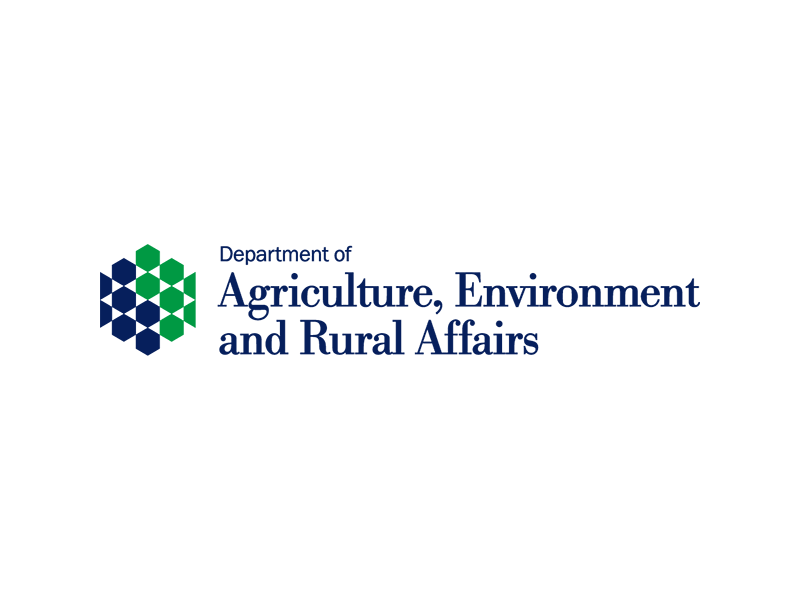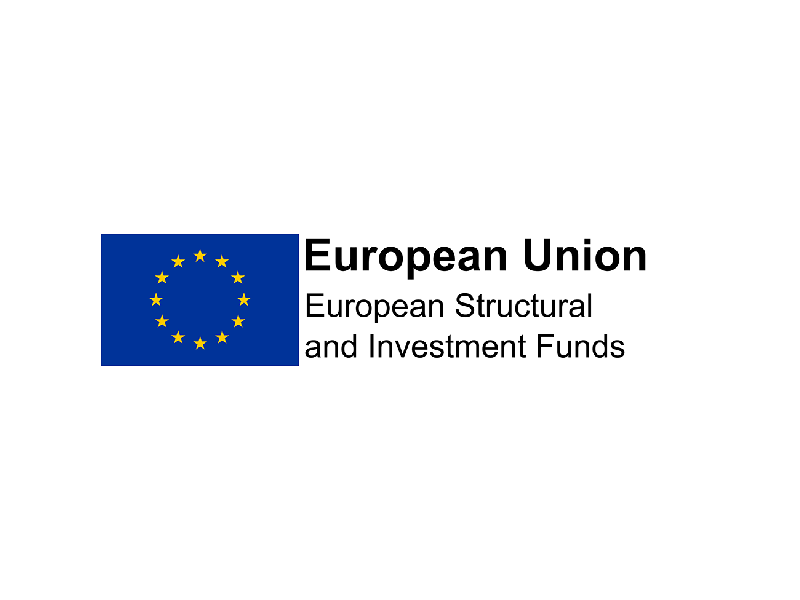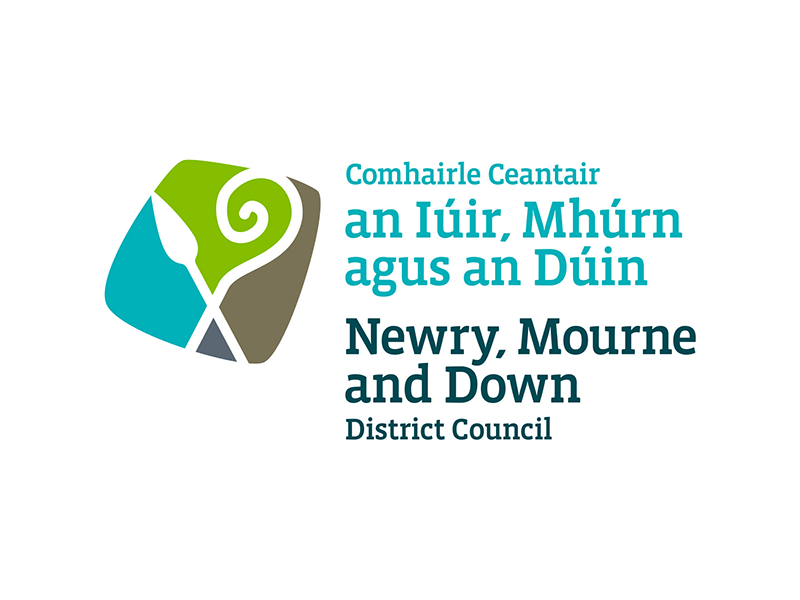Eastern Asturias FLAG has supported the cofradía (fishing organisation) of Bustio to finance two projects with the aim of making its land-based operations 100% self-sufficient in renewable energy. The first one, implemented in 2014, consisted of solar panels connected to the national energy network. However, without energy storage capacity, the solar panels could only supply the energy needed at certain times of the day.
In order to achieve a total energy autonomy, in 2017, the cofradía decided to add storage batteries to allow surplus energy to be collected and used when needed. This second project also included wind turbines and a biodiesel generator to cover production downturns when there is a lack of wind and sun.
In view of the cofradia of Bustio’s commitment to transforming the fishing sector towards a low-carbon economy, the implementation of these projects brings environmental benefits by helping to reduce the CO2 footprint and the emission of polluting gases. Reducing the energy cost of activities such as labelling, auctioning or the storage of fresh fish also brings financial benefits. Given the success of the projects, the Asturian government is now studying how to transfer the use of renewables to the other cofradías of the region.

Info
Theme: New technology, Environment, Circular economy, Climate change, Energy, Infrastructure
Project: Becoming self-sufficient through renewables
Location: Eastern Asturias, Spain
Thanks to FARNET for the information (webgate.ec.europa.en)





